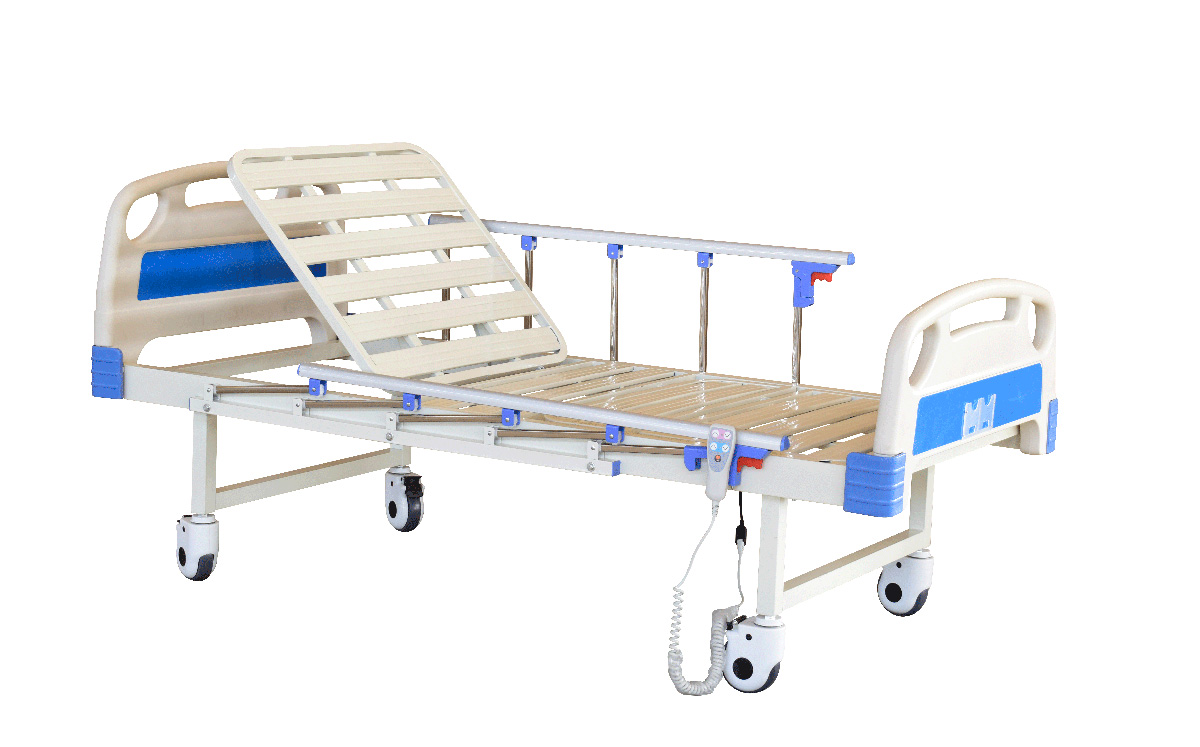Welcome to our websites!
medical push cart
The Role of Medical Push Carts in Healthcare Settings
In contemporary healthcare environments, efficiency and organization are vital to delivering high-quality patient care. One essential tool that has significantly improved workflow and logistics in hospitals and clinics is the medical push cart. These multifunctional carts have become indispensable in various medical settings, streamlining processes, and enhancing patient safety.
Medical push carts serve a variety of purposes. They are primarily used to transport medical supplies, medications, and equipment within healthcare facilities. Designed for mobility, these carts often come equipped with wheels, allowing healthcare professionals to move them easily along corridors, between patient rooms, and to various departments. This mobility is crucial, especially in emergency situations where time is of the essence. A well-stocked medical push cart can provide immediate access to life-saving equipment and medications, ultimately improving patient outcomes.
Each medical push cart can be customized according to the specific needs of a department. For instance, in a pediatric ward, carts may be optimized to include supplies tailored for children, such as smaller dosage syringes and playful distractions. On the other hand, a surgical unit may require carts loaded with sterile instruments and surgical supplies. This adaptability allows healthcare providers to address the unique demands of their environment efficiently.
medical push cart

Moreover, the organization of supplies within a medical push cart is a critical component of its design. Many carts include multiple drawers and compartments to ensure that items are easily accessible and sorted. This organization can help reduce the time spent searching for necessary items, allowing healthcare providers to focus more on patient care. A well-organized cart minimizes errors in medication administration and enhances overall workflow efficiency.
In addition to improving accessibility, medical push carts can also enhance infection control practices. Many modern designs are made of materials that are easy to clean and disinfect, reducing the risk of cross-contamination between patients. This is particularly important in healthcare settings where patients may have weakened immune systems. By maintaining a high standard of cleanliness, medical push carts contribute to safer environments for both patients and healthcare professionals.
Another notable feature of medical push carts is their ergonomic design. With adjustable height features and lightweight construction, these carts can help prevent strain and fatigue among healthcare workers. In a demanding healthcare environment where staff members may spend long hours on their feet, ergonomic solutions like these are essential for promoting a healthy and sustainable work environment.
In conclusion, medical push carts play a vital role in modern healthcare settings, enhancing the efficiency and effectiveness of patient care. With their ability to transport supplies and equipment seamlessly, promote organization, support infection control, and prioritize ergonomic design, they are invaluable assets to healthcare professionals. As the healthcare industry continues to evolve, the significance of well-designed medical push carts will undoubtedly grow, reinforcing their place as essential tools in the quest for improved patient outcomes and streamlined operations.
-
Transforming Healthcare with Hospital FurnitureNewsJun.24,2025
-
Rehabilitation EquipmentNewsJun.24,2025
-
Mobility and Independence with WheelchairsNewsJun.24,2025
-
Freedom of Mobility with Our Rollator WalkersNewsJun.24,2025
-
Comfort and Independence with Commode ChairsNewsJun.24,2025
-
Bathing Safety and Independence with Shower ChairsNewsJun.24,2025
-
Navigating the Wholesale Landscape of Electric Mobility Solutions: Key Considerations for Power Wheelchair DealersNewsJun.10,2025











